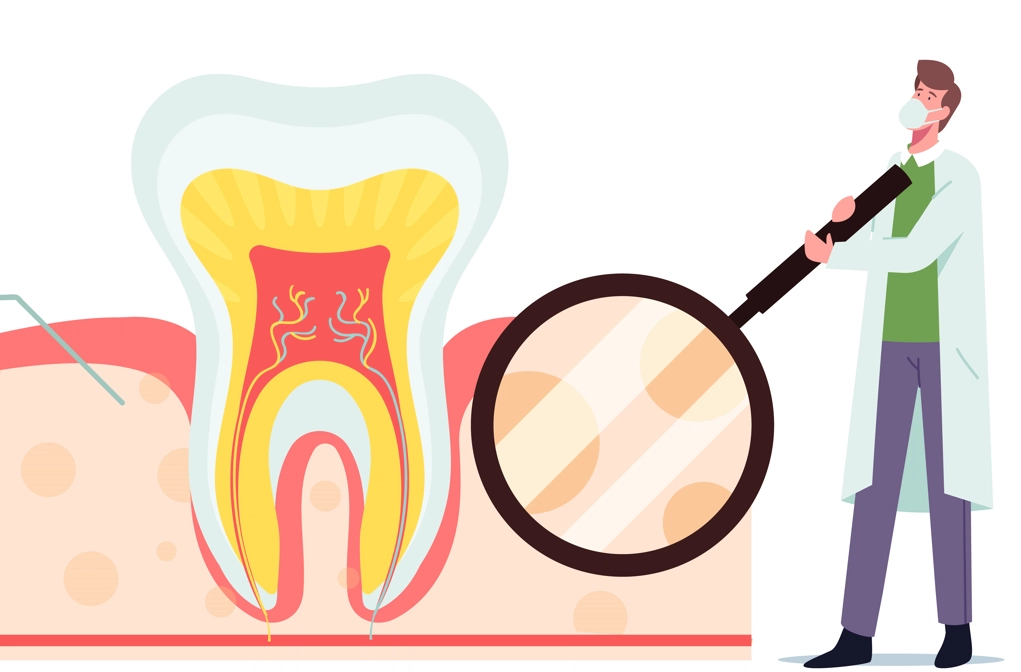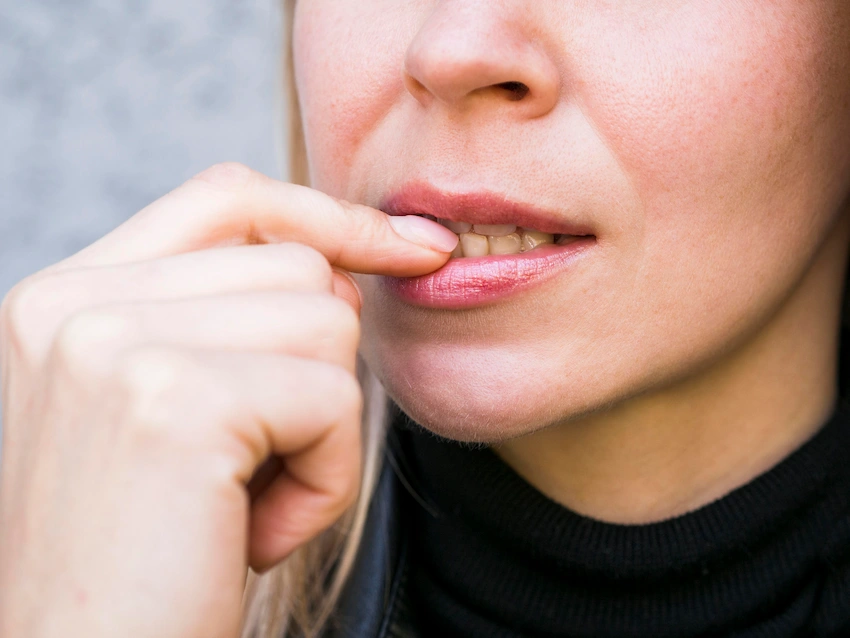🤰 What is Good for a Toothache During Pregnancy?
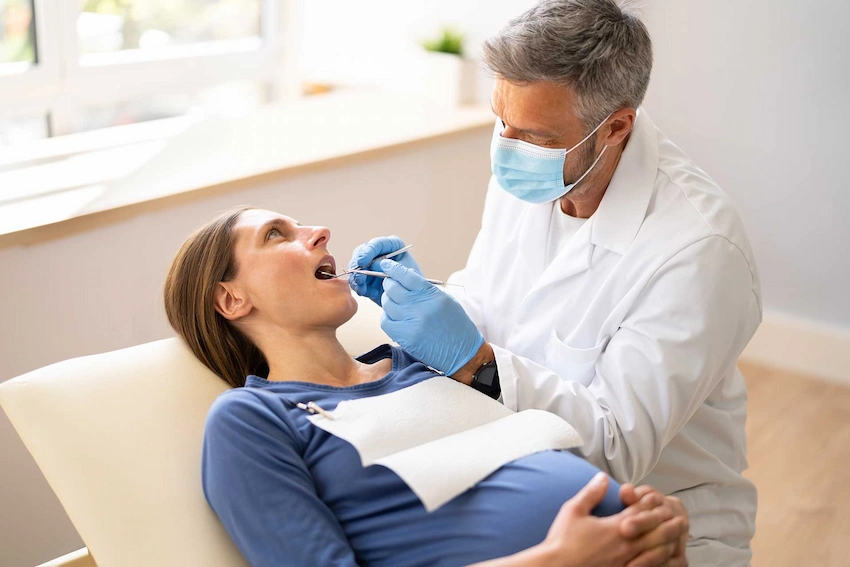
What Is Good for a Toothache During Pregnancy?
Pregnancy is a period filled with excitement due to personal changes that are also shaking, not to mention the unexpected struggles that may appear. The challenge of dealing with tooth pain is one of such problems. Most women tend to encounter tooth problems, such as toothaches or gum problems, throughout their pregnancy, the cause of which is usually hormone-related, lifestyle changes, or changes in maintaining mouth health, to begin with.
Toothache during pregnancy is a complicated problem as you not only suffer from the pain, but you also want to ensure that the therapy you undergo is safe for both you and your little one. The thing is that it is good to know that the natural extent of teeth is not always, as a rule, as healthy or as strong as you would ideally like, and thus, besides being aesthetic solutions, some cosmetic procedures like dental veneer, implant, and a Hollywood Smile can be supportive of your oral health situation as well. Then, what exactly are the reasons why there are toothaches during pregnancy, and how can they be taken care of without hurting the expectant mother or the baby? Let us now get into the details of each of these issues to sort them out.
What Are the Causes of Toothaches During Pregnancy?
Various reasons converge and become the cause of the occurrence of toothaches during pregnancy. The basic reason is related to hormonal shifts, especially the abrupt increase in the levels of progesterone and estrogen. The changes in the hormonal level lead to more blood flowing to the gums, and that is the reason the gums get more sensitive, start swelling, and are more likely to be infected. The gums being overly receptive may make them bleed, get inflamed, and even develop gum disease, which is eventually the biggest source of toothaches.
Pregnancy cravings are another major causative reason. Often pregnant women have an unusual desire for the food they do not like, and that will make a significant contribution to the plaque buildup and tooth decay, leading to pain. Moreover, changes in one’s dietary habits and meal frequency have a high risk of leading to an increase in the number of cavities, particularly if you have not changed your oral care habits accordingly.
Also, the pregnancy can result in the dry mouth that occurs due to the hormones which go up and down, and when the saliva is not enough then bacteria thrive in the mouth. These bacteria can make holes in the teeth and inflame gums that could also lead to nerve pain. It is extremely important to keep a close eye on the oral health condition of pregnant women to avoid these symptoms from getting worse.
When Does a Toothache Begin During Pregnancy?
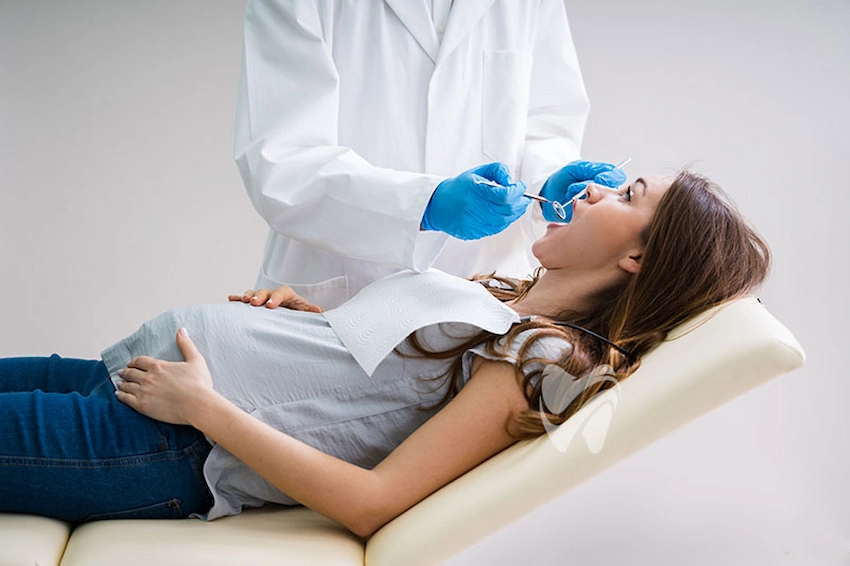
Toothaches during pregnancy are possible at every stage, conceivably speaking, but the majority are seen during the second trimester. This is when the hormones are at their most active, and you might notice symptoms in your gums and teeth. However, the first trimester can also be a time when toothaches may appear due to hormones of pregnancy, which can be a general cause of gum irritation and end up with an infection.
The occurrence of a toothache is a rare case with some pregnant ladies only during later stages, sometimes in the second or third trimesters. While the human body is undergoing more substantial changes at that moment, your teeth and gums become more sensitive or painful. These problems would be more remarkable if you were not giving regular visits to the dentist or lacked the needed competence in maintaining your oral hygiene.
How Can a Toothache Be Treated During Pregnancy?
Toothaches during pregnancy are not so unusual and generally can be relieved by home treatments and following proper dental care. Listed here are various ways that ensure the safe relief of tooth pain during pregnancy:
1. Saltwater Rinse:
Using warm salt water to wash your mouth seemed to be the most secure and effective way to control a toothache while you are pregnant. Saltwater is an anti-inflammatory that reduces the pain and, at the same time, cleanses the affected area of bacteria that may cause healing. This simple method is good for the pain and also prevents further pain due to an infection.
2. Cold Compress:
It’s an excellent idea to apply a cold compress to your cheek on the outside, right next to the tooth that is hurting for pain relief and swelling reduction. You can especially benefit from this if your toothache is accompanied by sore gums that have swollen.
3. Pregnancy-Safe Pain Relief:
Acetaminophen (Tylenol), which is available over the counter, is an FDA-approved medication that you can use safely while pregnant. Acetaminophen can be used for pain associated with teeth, as well. However, don’t forget to check with your medical specialist first before you take any medications, such as over-the-counter drugs. Do not take ibuprofen, as it is not safe for use during pregnancy.
4. Good Oral Hygiene:
During pregnancy, it is essential to heed oral care to avoid and treat toothaches. Brush your teeth twice a day at the very least and do this feat with toothpaste that contains fluoride, floss your teeth daily to be sure that the plaque is removed from between and along the gum line. Moreover, good oral hygiene can be enhanced with a fluoride rinse that not only reduces tooth decay.
5. Visit Your Dentist:
Even if the pain goes away using some personal treatments, it’s of great importance to see a dentist if the pain lingers or becomes worse. In Lema Dental Clinic, Istanbul, our professionals can provide you with the best dental care and services without any harm to your life and your unborn baby’s life. Dental care from a specialist becomes a priority when the toothache is the result of a cavity, gum disease, or an infection; otherwise, untreated dental issues can have a series of health problems.
Is There a Link Between the Baby’s Development and Tooth Decay?
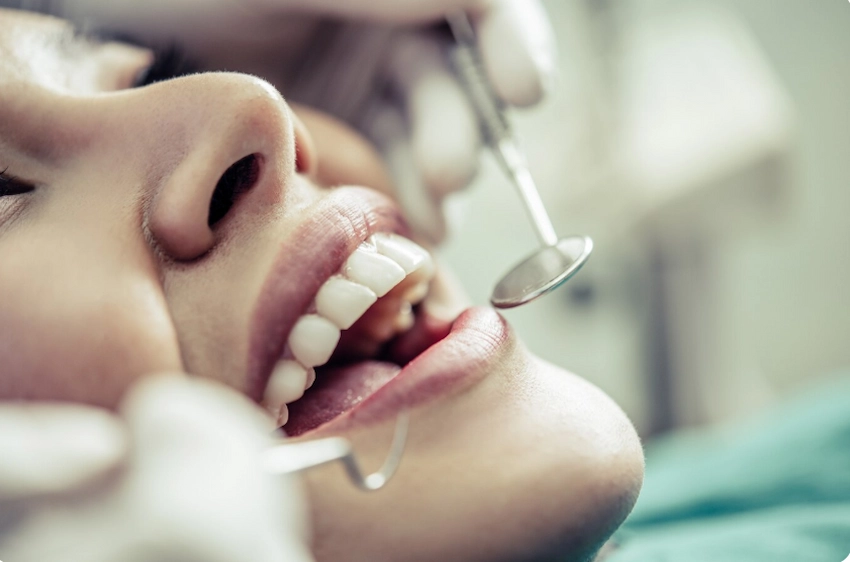
Will the untimely birth of a baby or the stillbirth of its mother be possible if the lady is suffering from teeth problems like tooth decay? A common query is the relationship between dental problems of a pregnant woman, particularly toothache aching and the effect it has on the baby’s health. The bad news is that most often, tooth decay, as well as gum disease, which are left untreated, do not have a direct influence on the baby’s development. So, it is not true that a mother’s bad teeth will lead to a baby’s morbidity. But on the other hand, the situation with anemia is perfectly different. It was stated that anemic mothers had children born who looked abnormal. Investigations have indeed shown that the infection of the gums can lead the immune system to fight vessels, which hinder it from responding appropriately to other infections that eventually could be responsible for the complications that might come up.
Moreover, the inflammation due to periodontal disease may potentially affect pregnancy. The infections are the ones that weaken the immune system; therefore, it is nearly impossible for the body to fight off other infections. Such infections, in turn, endanger the health of both the mother and the baby. Therefore, it is your responsibility as a pregnant woman to strictly adhere to the rules your doctor has given to you concerning oral hygiene, so that you can limit the chances of a health risk to you and your unborn baby.
Can Painkillers Be Used for Toothaches During Pregnancy?

In pregnancy, when there is a problem of a toothache, is it okay to take any type of medicine prescribed? It is very important that during the phase of pregnancy, women take good care of their health, and in cases of a toothache, they should not ignore it but instead, see a doctor. Many people have to bear the fruit of the belief that they have no other choice but either to get their teeth ached or let family problems disturb their peace of mind, due to there being no pain relievers during pregnancy. You may take it for granted and think that it is the most appropriate and safe during this stage; however, the same medication might help you battle the infection and toothache at one time. The only thing is that one should always refer to the health provider before taking any drugs like painkillers and ensure that they are safe for both the mother and the baby.
FAQ: What Is Good for a Toothache During Pregnancy?
Among the oral health care methods that are effective for the pain that occurs due to wisdom teeth, a warm saltwater rinse is a great choice. However, it is very important to follow up with a call to the dentist for treatment measures that are safe and helpful. Wisdom tooth pain relief can be obtained through warm saltwater rinses and cold compresses. While cold compresses help to alleviate the pain caused by wisdom tooth eruption, make sure you also have regular appointments with the dentist, who is the most qualified medical professional who can help you with a treatment plan that will be of the most benefit to you.
In case of a positive answer to the question about the safety of the baby, the conclusion is that wisdom tooth pain is a part of the picture, which is not harmful. However, any of the factors associated with wisdom teeth, like bacteria that cause infections and create complications, can be dealt with by regular dental check-ups and treatments.
The best bet is your participation in regular dental check-ups and maintenance of good oral health. Stand by your dentist every six months, and besides this, be very selective in your choice of food, for example, on the condition that the consumption of sugary foods is limited to those that cause tooth decay.
Excluding those extractions that are unnecessary, tooth extractions can be successfully performed during pregnancy. A dentist is the right person to check on you and your baby to find out if your health will be compromised during the tooth extraction procedure, if it will be met with safety for both of you, and if you are carrying a baby, it will just be as normal as any mother and child.
Although dental X-rays are generally prohibited for pregnant women, especially within the first 90 days, there are cases where a very necessary one would be taken, but with lead aprons all the same prepared for the next customer.

